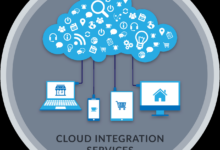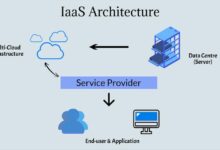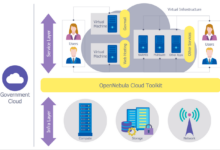Cloud Networking Firewall Services: The Ultimate Shield for Your Digital Realm
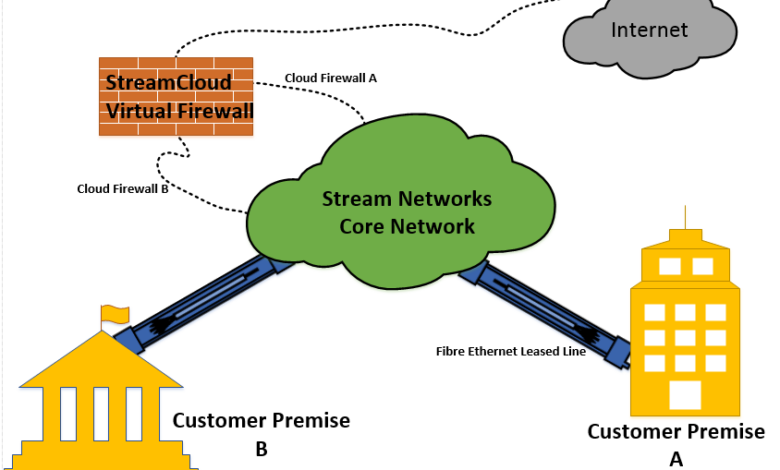
In the ever-evolving landscape of cybersecurity, Cloud networking firewall services emerge as the cornerstone of robust network protection. These services offer a comprehensive suite of security measures, empowering businesses to safeguard their critical data and infrastructure against a myriad of cyber threats.
With cloud-based firewalls, organizations can harness the power of advanced security features, simplified management, and cost-effective scalability. This innovative approach to network security transforms the way businesses protect their digital assets, enabling them to stay ahead of the curve in the face of evolving cyber threats.
Cloud Networking Firewall Services Comparison
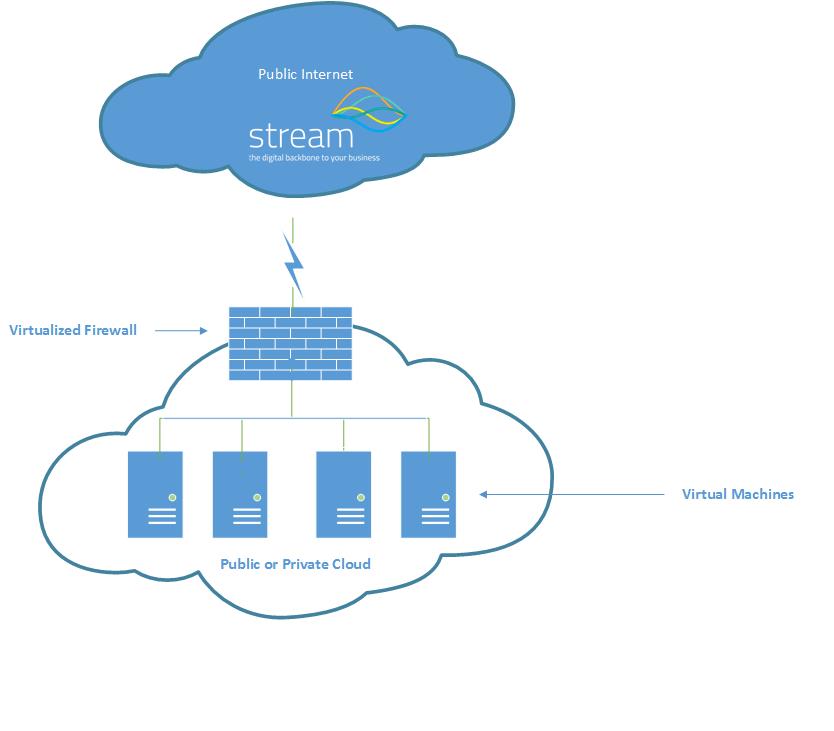
With the increasing adoption of cloud computing, businesses are increasingly relying on cloud networking firewall services to protect their applications and data. These services provide a range of features to help businesses protect their networks from a variety of threats, including malware, phishing, and DDoS attacks.
There are a number of different cloud networking firewall services available, each with its own unique set of features and pricing. To help you choose the right service for your business, we’ve created a table comparing the most popular options.
Features
The following table compares the key features of the most popular cloud networking firewall services:
| Feature | AWS WAF | Azure Firewall | GCP Cloud Firewall |
|---|---|---|---|
| Web application firewall (WAF) | Yes | Yes | No |
| Network firewall | No | Yes | Yes |
| DDoS protection | Yes | Yes | Yes |
| Intrusion detection and prevention (IDS/IPS) | Yes | Yes | Yes |
| Logging and reporting | Yes | Yes | Yes |
| Managed service | Yes | Yes | Yes |
Pricing
The pricing for cloud networking firewall services varies depending on the provider and the features that are included. The following table compares the pricing for the most popular services:
| Service | Pricing |
|---|---|
| AWS WAF | $0.60 per million requests |
| Azure Firewall | $0.05 per hour |
| GCP Cloud Firewall | $0.02 per hour |
Customer Support
All of the major cloud networking firewall services offer a variety of customer support options, including phone, email, and chat. AWS WAF and Azure Firewall also offer 24/7 support.
Recommendations
The best cloud networking firewall service for your business will depend on your specific needs and budget. However, we recommend AWS WAF for businesses that need a comprehensive WAF solution, Azure Firewall for businesses that need a network firewall with advanced features, and GCP Cloud Firewall for businesses that need a cost-effective solution.
Trends and Innovations in Cloud Networking Firewall Services
Cloud networking firewall services are rapidly evolving to meet the demands of modern networks. New technologies and features are emerging that enhance network security and provide greater flexibility and control.One of the most significant trends in cloud networking firewall services is the adoption of artificial intelligence (AI) and machine learning (ML).
AI-powered firewalls can learn from network traffic patterns and automatically adapt to changing threats. This can help to improve security and reduce the risk of breaches.
Zero Trust Network Access (ZTNA)
Another important trend is the adoption of Zero Trust Network Access (ZTNA). ZTNA is a security model that assumes that all users and devices are untrusted until they are proven otherwise. This can help to prevent unauthorized access to networks and data.
Cloud-native Firewalls
Cloud-native firewalls are designed to run in the cloud and take advantage of the cloud’s scalability and elasticity. Cloud-native firewalls can be easily deployed and managed, and they can be scaled up or down to meet the changing needs of the network.
Integration with Other Security Services
Cloud networking firewall services are increasingly being integrated with other security services, such as intrusion detection systems (IDSs) and web application firewalls (WAFs). This integration can help to provide a more comprehensive and effective security solution.
Case Studies of Cloud Networking Firewall Services
Cloud networking firewall services have gained immense popularity among organizations seeking enhanced network security and flexibility. Several case studies showcase the successful implementation of these services, highlighting their benefits and the challenges faced by organizations.
One notable case study involves a global financial institution that migrated its on-premises firewall infrastructure to a cloud-based solution. The organization experienced significant cost savings, improved performance, and enhanced security posture. The cloud firewall service provided real-time threat detection and automated threat mitigation, significantly reducing the risk of cyberattacks.
Challenges Faced by Organizations
While cloud networking firewall services offer numerous advantages, organizations may encounter certain challenges during implementation. These include:
- Integration with existing infrastructure:Organizations must ensure seamless integration between their cloud firewall service and existing on-premises infrastructure.
- Skills gap:Implementing and managing cloud firewall services requires specialized skills and knowledge, which may not be readily available within organizations.
- Cost optimization:Organizations need to carefully manage their cloud firewall service usage to avoid unexpected costs.
Best Practices for Using Cloud Networking Firewall Services
Cloud networking firewall services offer a comprehensive approach to securing your network infrastructure. By implementing these best practices, you can optimize performance, enhance security, and maximize cost-efficiency.
Network Architecture Design
Design your network architecture with security in mind. Segment your network into zones based on security requirements, and implement firewalls between zones to control traffic flow.
Firewall Rule Configuration
Configure firewall rules that are specific and granular. Avoid using wildcard rules or allowing all traffic. Use rule groups to organize and manage rules effectively.
Traffic Monitoring and Analysis, Cloud networking firewall services
Monitor traffic logs and analyze them regularly to identify any suspicious activity or performance issues. Use traffic visualization tools to gain insights into traffic patterns and identify potential threats.
Troubleshooting and Maintenance
Establish a regular maintenance schedule for your firewall services. Test firewall rules periodically to ensure they are working as intended. Monitor for security patches and updates, and apply them promptly.
Future of Cloud Networking Firewall Services
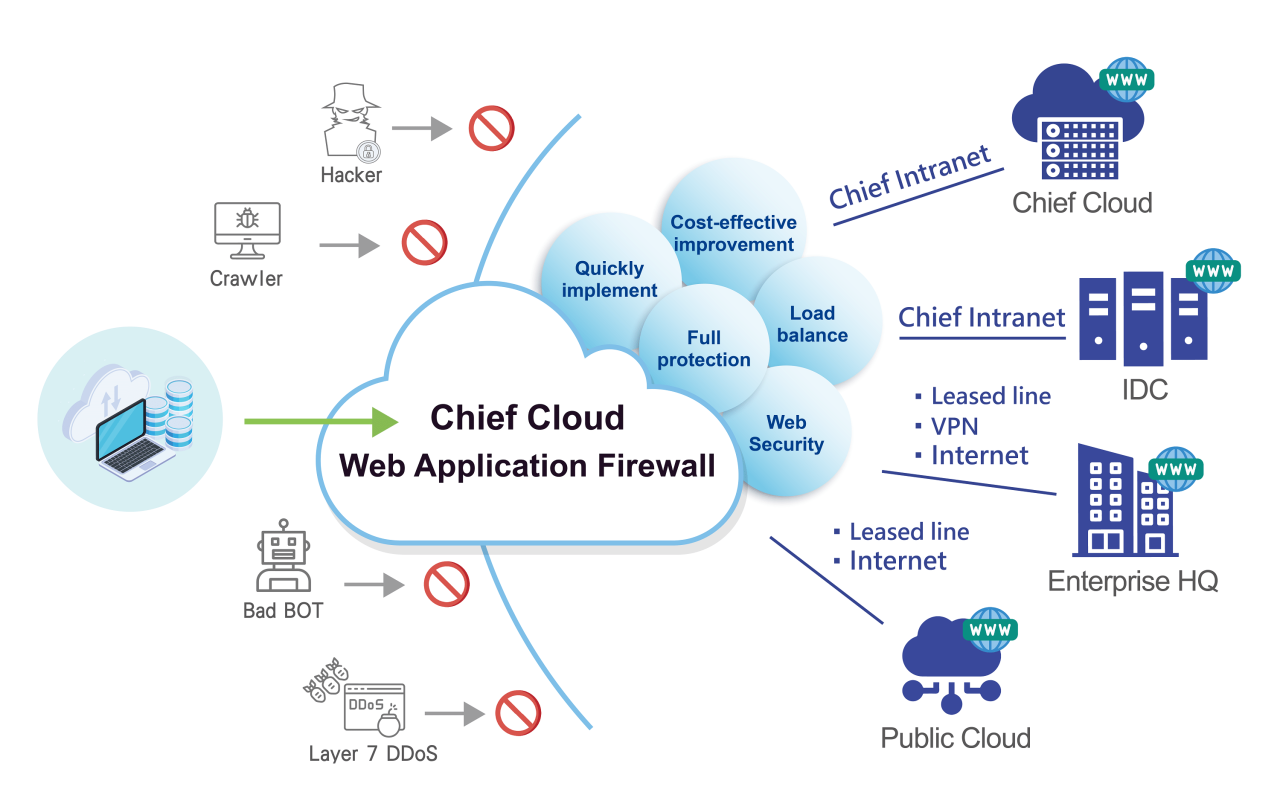
Cloud networking firewall services are rapidly evolving to meet the ever-changing needs of businesses. As organizations move more of their applications and data to the cloud, they need firewall services that can provide comprehensive protection, visibility, and control. The future of cloud networking firewall services is bright, with many exciting advancements on the horizon.One
of the most significant trends in the future of cloud networking firewall services is the increasing use of artificial intelligence (AI) and machine learning (ML). AI and ML can be used to automate many tasks that are currently performed manually, such as threat detection and response.
This can free up IT staff to focus on more strategic initiatives.Another trend in the future of cloud networking firewall services is the integration with other security services. This will allow organizations to create a more comprehensive security posture that can protect against a wider range of threats.
For example, cloud firewalls can be integrated with intrusion detection and prevention systems (IDS/IPS) and security information and event management (SIEM) systems.In addition, cloud firewalls are becoming more automated and self-managed. This is making it easier for organizations to deploy and manage their firewall services.
Automated features can include threat detection and response, policy management, and reporting.Finally, cloud firewalls are becoming more granular and customizable. This is allowing organizations to tailor their security controls to their specific needs. For example, organizations can now create custom firewall rules, policies, and reports.These
are just a few of the trends that are shaping the future of cloud networking firewall services. As the cloud continues to evolve, so too will the firewall services that protect it.
AI and ML in Cloud Firewall Services
AI and ML are playing an increasingly important role in cloud firewall services. These technologies can be used to automate many tasks that are currently performed manually, such as threat detection and response. This can free up IT staff to focus on more strategic initiatives.One
of the most important ways that AI and ML can be used in cloud firewall services is to detect and respond to threats in real time. Traditional firewall services rely on signatures to identify and block threats. However, signatures can be easily bypassed by attackers.
AI and ML can be used to identify and block threats that are not known to traditional firewall services.AI and ML can also be used to automate policy management. Traditional firewall services require IT staff to manually create and manage firewall policies.
This can be a time-consuming and error-prone process. AI and ML can be used to automate policy management, ensuring that policies are always up to date and consistent.
Integration with Other Security Services
Cloud firewalls are becoming increasingly integrated with other security services. This is allowing organizations to create a more comprehensive security posture that can protect against a wider range of threats.One of the most important integrations is between cloud firewalls and intrusion detection and prevention systems (IDS/IPS).
IDS/IPS can detect and block attacks that are not known to traditional firewall services. By integrating cloud firewalls with IDS/IPS, organizations can create a more comprehensive security posture that can protect against a wider range of threats.Another important integration is between cloud firewalls and security information and event management (SIEM) systems.
SIEM systems collect and analyze security data from a variety of sources, including cloud firewalls. This data can be used to identify trends and patterns that can help organizations to improve their security posture.
Automation and Self-Management
Cloud firewalls are becoming more automated and self-managed. This is making it easier for organizations to deploy and manage their firewall services.One of the most important automation features is threat detection and response. Traditional firewall services require IT staff to manually detect and respond to threats.
This can be a time-consuming and error-prone process. AI and ML can be used to automate threat detection and response, ensuring that threats are detected and blocked in real time.Another important automation feature is policy management. Traditional firewall services require IT staff to manually create and manage firewall policies.
This can be a time-consuming and error-prone process. AI and ML can be used to automate policy management, ensuring that policies are always up to date and consistent.
Granularity and Customization
Cloud firewalls are becoming more granular and customizable. This is allowing organizations to tailor their security controls to their specific needs.One of the most important ways that cloud firewalls are becoming more granular is by allowing organizations to create custom firewall rules.
Traditional firewall services only allow organizations to create rules that match specific criteria, such as source IP address, destination IP address, and port number. Cloud firewalls allow organizations to create rules that match any criteria, including custom fields. This gives organizations the flexibility to create rules that are tailored to their specific needs.Another
way that cloud firewalls are becoming more customizable is by allowing organizations to create custom policies. Traditional firewall services only allow organizations to create policies that are based on predefined templates. Cloud firewalls allow organizations to create policies that are tailored to their specific needs.
This gives organizations the flexibility to create policies that are more effective and efficient.
Epilogue: Cloud Networking Firewall Services
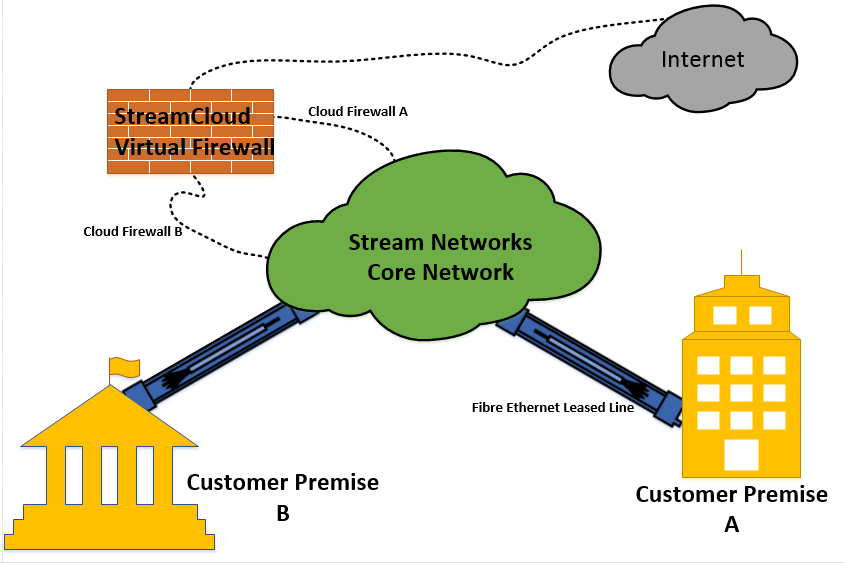
As the future of network security unfolds, cloud networking firewall services will continue to play a pivotal role. With their advanced capabilities, seamless integration, and cost-effective nature, these services empower organizations to embrace digital transformation with confidence, knowing that their networks are shielded from harm.
By leveraging the power of cloud-based firewalls, businesses can safeguard their data, ensure regulatory compliance, and maintain a competitive edge in today’s rapidly evolving digital landscape.
